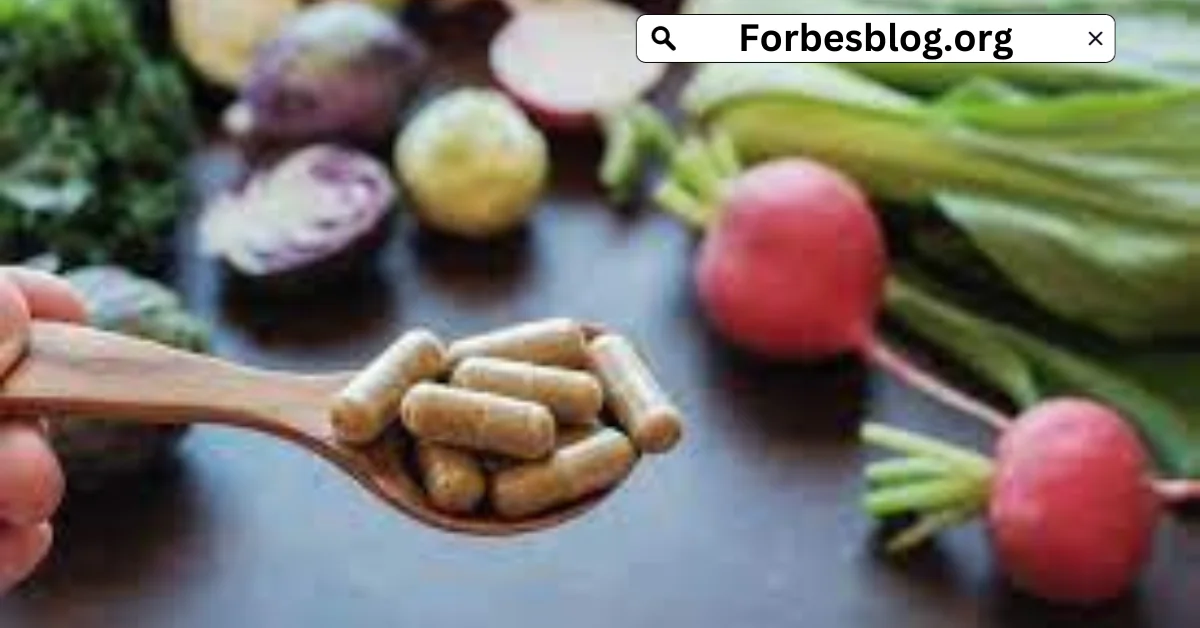Living as healthy and naturally as possible is a commendable and popular endeavor in the world today, particularly when it comes to what you put in your body.
Just as veganism and vegetarianism are on the rise, and even meat-eaters are increasingly opting for substitutes like oat, almond, and soy milk, there’s another practice that’s gaining some popularity: the intake of all-natural supplements, which claim to give you that extra bundle of nutrients you’d have trouble getting elsewhere.
While certain supplements, like simple multivitamins, claim to just boost your overall health, others like Prostate 911 are hyper-specific in their desired effects.
But what exactly are these all-natural supplements made of, and do they even work? In something as important as prostate health, should you even place your trust in supplement companies? Understanding the supplements’ makeup and what the ingredients are intended to do can provide clarity on if they’re an appropriate option for you, or if you need more professional help.
Table of Contents
What Are The Most Common Ingredients of Natural Supplements?
Though certain supplements contain very specific natural ingredients like nettle root or pumpkin seed, most dietary supplements contain a lot of the same ingredients. Supplements can come in a variety of different forms as well, such as tablets, powders, gummies, and capsules, and contain popular vitamins and minerals, herbs and oils.
Below is a list of some of the most popular ingredients found in common dietary supplements, according to the National Institute of Health:
- Vitamins D and B12
- Minerals like calcium and iron
- Herbs such as echinacea and garlic
- Products like glucosamine, probiotics, and fish oils
- Melatonin
While these supplements aren’t at all perfect substitutes for a healthy and balanced diet, The National Institute of Health says they can improve overall health and help manage certain conditions. For example:
- Calcium and vitamin D help keep bones strong and reduce bone loss.
- Folic acid decreases the risk of certain birth defects.
- Omega-3 fatty acids from fish oils might help some people with heart disease.
- A combination of vitamins C and E, zinc, copper, lutein, and zeaxanthin (known as AREDS) may slow down further vision loss in people with age-related macular degeneration (AMD).
These are considered some of the safer, widely-accepted guidelines for taking common supplements.
But when looking at Prostate 911, let’s break down the main ingredients:
- Pygeum – This substance, extracted from African plum tree bark, is believed to reduced prostate inflammation
- Pumpkin seed – Pumpkin seed contains plenty of Omegas 3 and 6, and vitamins E and K, which are believed to help support healthy prostate size
- Uva ursi – This claims to “help protect the prostate cells from oxidative damage caused by free radicals, which are rogue molecules that, if left unchecked, can enlarge the prostate”
- Nettle root – This is believed to help curb inflammation, infections, and kidney stones in the urinary tract
You’ve likely never heard of these ingredients before, which can leave you wary of trying the product. However, on top of these fancy ingredient names, it also contains popular ingredients like zinc, copper, and amino acids that are less scary.
Are Natural Supplements Safe?
Though it’s critically important to only take the appropriate dosage listed on the supplements, the risk behind taking these regularly is pretty low. Be wary of ingredients you might be allergic to, or could have an effect on any medications you’re already taking.
There are common supplements recognized in the medical community that could pose certain risks depending on your medical situation, including:
- Vitamin K, which can reduce the effectiveness of blood thinners
- St. John’s wort, which can make some drugs, such as antidepressants and birth control, less effective
- Herbal supplements like comfrey and kava, can damage your liver
- Beta-carotene and vitamin A, can increase the risk of lung cancer in smokers
- Gingko, which can increase blood thinning
- Antioxidants, such as Vitamins C and E, might make some chemotherapy medicines less effective
- Certain testosterone boosters lack scientific evidence of working and could be full of harmful, low-quality ingredients
But overall, the risk of harming yourself by correctly taking natural supplements is very low.
What Are The Most Commonly Taken Supplements?
In a study by the CDC covering dietary supplement use in adults in 2017-2018, the most common supplements used by all age groups were multivitamin-mineral supplements, followed by vitamin D and omega-3 fatty acid supplements.
Your multivitamin should aim to include ingredients like vitamin D, magnesium, calcium, zinc, iron, folate, and vitamin B-12. These can help provide your body with necessary nutrients you aren’t getting in your daily meals, or can’t manage to provide yourself with on a consistent basis. They also help develop strong bones, hair, nails, and other added benefits to your body, including boosting your immune system.
Melatonin is a very popular supplement on the rise for those needing help falling or staying asleep. According to the National Institute of Health, melatonin use increased from 0.4 percent of survey respondents in 1999-2000 to 2.1 percent in 2017-2018, and starting in 2005, respondents began reporting the use of doses greater than 5 milligrams per day.
Conclusion
The wide range of supplements on the market is where examining them can go from simple to complicated. You hear about melatonin or vitamin D almost every day. You don’t often hear about supplements for bigger issues like tinnitus or prostate health.
Whereas melatonin is a hormone already found in the brain’s pineal gland, and taking supplements for it makes very clear sense, other supplements like Tinnitus 911 introduce funny-sounding ingredients like hibiscus, hawthorn berry, and olive extract, and can seem more daunting and exotic. This can lead to skepticism.
Though these are safe ingredients believed to help in improving hearing, nervous system function, and inflammation, certain natural supplements with more unfamiliar ingredients can be overwhelming.
It’s important to note that neither melatonin nor any specific supplements like Tinnitus 911 or Prostate 911 are approved by the FDA.
In general, natural supplements likely won’t cause you any harm. Be sure to check the ingredients and dosage of any supplement before taking it, or talk to your doctor if you’re interested in trying something new.
Most supplements largely contain the same general ingredients, depending on what the supplement aims to treat. More specific supplements will have more exotic natural ingredients, but educating yourself about their intended treatments and talking with professionals is the best thing you can do.
Visit for more articles: forbesblog.org














